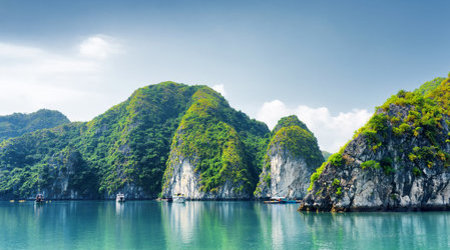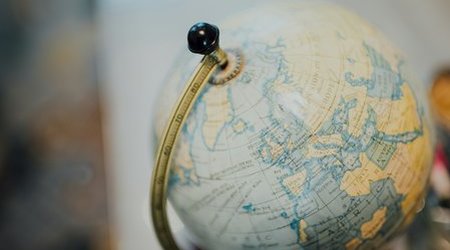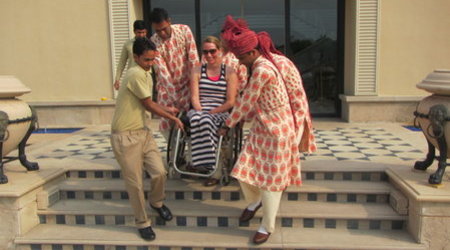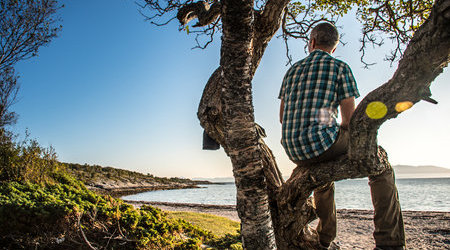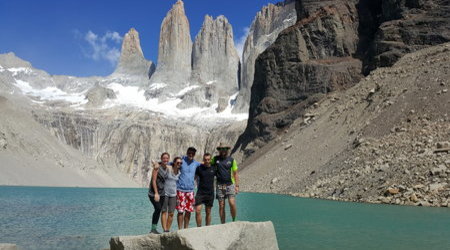Please enter your username and password to logon to the member pages
FIND YOUR AITO ASSURED HOLIDAY
Tips for Your First Trip to Vietnam
04 Aug 2023
AITO member Inside Asia has created a guide for those travelling to Vietnam for the first time filled with tips and tricks to make the most of your visit to this fascinating country. Vietnam is a place famous for its delicious, cheap street food, beautiful temples and architecture, and rich, vibrant culture.
It's important to feel confident when going to a country for the first time, and that’s where Inside Asia come in! To discover their holidays, click here. Looking for all AITO assured holidays to Vietnam? Click here.
Visas
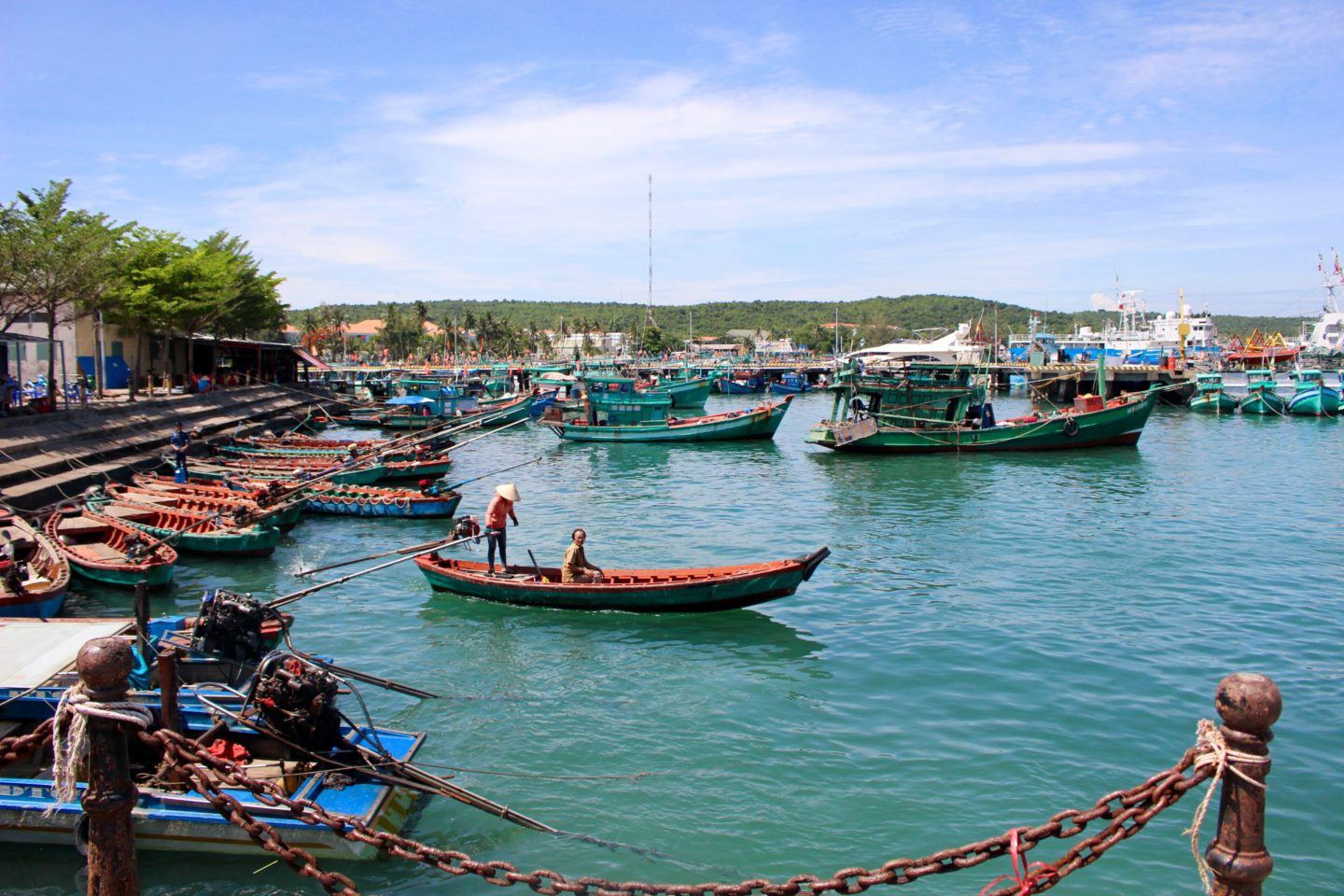
Visa requirements for Vietnam depend on your nationality. If you hold a UK passport and are in Vietnam for 45 days or less for tourist or transit, you can enter under a waiver, meaning you don’t need a visa. If you hold a different nationality passport, you may need to get a visa prior to arrival. An e-visa is the easiest way to do this, and can be arranged on the official website.
If you enter Vietnam more than once (e.g. exiting to Cambodia and returning), you’ll need a multi entry visa. This can’t be done as an e-visa or a waiver and needs to be done through the embassy or pre-authorised for an on-arrival visa.
Weather
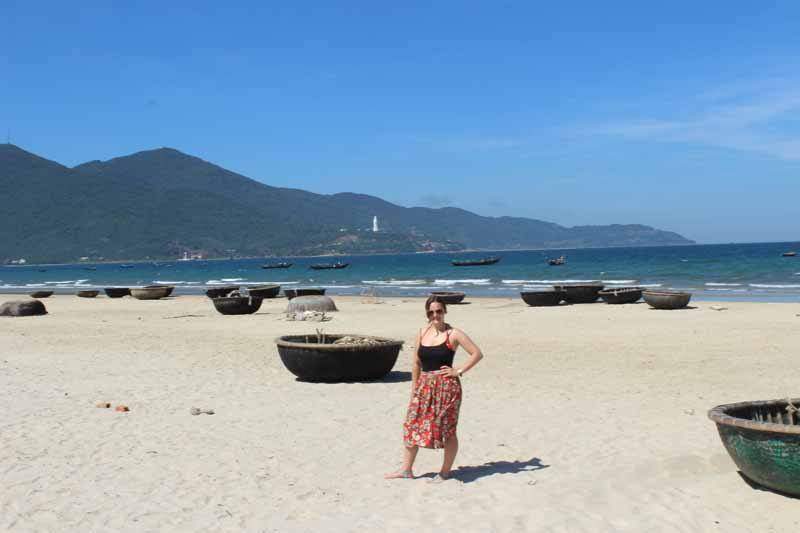
As a long thin country, Vietnam has a variety of weather patterns, and rainy seasons depending on where you are. There are recommended seasons for special interests eg. trekking, cruising or including time on the beach.
Currency
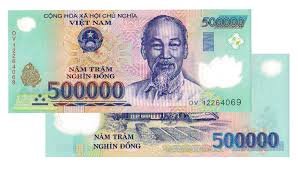
The official Vietnamese currency is the dong (VND).
While US dollars are also accepted in areas that receive a lot of tourists, most transactions are conducted in dong. The highest denomination note is 500,000 VND, but be careful – it looks very much like the 20,000 VND note!
Other notes are: 1,000, 2,000, 5,000, 10,000, 20,000, 50,000, 100,000 and 200,000 VND.
In places where dollars are accepted, you'll often find you pay a higher price than you would do in dong; the vendor decides the rate of exchange, and usually rounds the price up to the nearest dollar. You can exchange cash in Vietnam at many hotels, banks and bureau de change. US dollars are by far the most widely accepted foreign currency to exchange in Vietnam, followed (very distantly) by the Euro.
British pounds, Canadian dollars and Australian dollars are not widely accepted, and where they are, the exchange rate is usually terrible. Vietnam remains predominantly cash-based, so most restaurants and shops – with the exception of large international chains – will not accept plastic. Instead, it's best to carry enough cash for everyday transactions. Despite the lack of card facilities, ATMs are common throughout the country.
Etiquette
InsideAsia have created a handy little infographic when it comes to general etiquette in different parts of Vietnam. See below!

Public Holidays

Public holidays in a foreign country can be fun but some, like Tet (Vietnamese New Year) can have quite an impact on your trip. Spread over a week, this lunar festival doesn’t have fixed dates, but usually occurs in the last two weeks of January / first two weeks of February.
Much like Christmas in the West, Vietnam shuts down for this family-focused celebration, meaning all those tasty family-run restaurants won’t be open, colourful market stalls shut up shop, temples are packed, guides and drivers will be taking a well-earned rest and domestic airports will be busy with people visiting family across the country. If you need to travel at this time of year, stay at a beach resort to avoid your trip being negatively impacted.
Alternatively, visit one of Vietnam’s neighbouring countries such as Cambodia or Laos, where the New Year is in April. Aside from Tet, Vietnam has other wonderful festivals you might find interesting, such as the biannual Hue arts festival, or the lantern festival in Hoi An.
Categories:
Destination Travel Travel Advice

